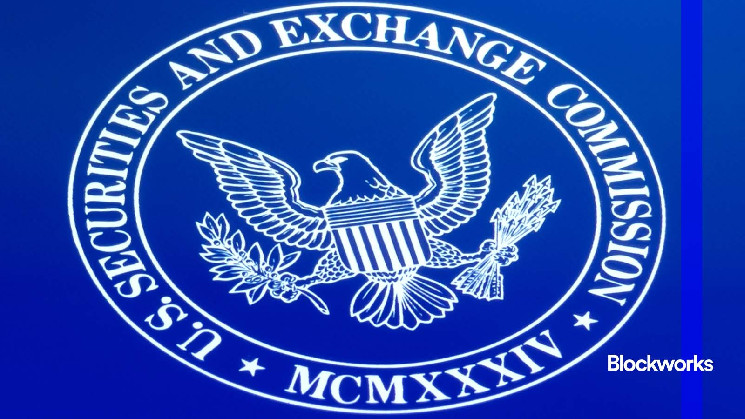This is a segment from the Forward Guidance newsletter. To read full editions, subscribe.
After 16 years, Paul Atkins may be returning to the SEC.
President-elect Donald Trump this afternoon officially named Atkins as his pick to chair the SEC. Atkins worked with SEC Chairs Richard C. Breeden and Arthur Levitt in the 1990s as chief of staff and counselor, respectively. He later served as an SEC commissioner from 2002 to 2008, beginning his term shortly after Enron’s accounting fraud scandal and leaving a month before Lehman Brothers collapsed.
Since then, Atkins has worked as the CEO of his consulting firm, Patomak Global Partners. Its clients include banks, crypto companies and securities markets participants.
Atkins is no stranger to Washington, or to the nomination process. It only takes a simple majority to confirm cabinet nominations, and with Republicans holding 53 Senate seats, Atkins should be a shoo-in.
But I wouldn’t be surprised if Atkins faced some tough questions (likely mostly from Democrats) during his confirmation hearings about his private sector business interests — particularly those related to crypto.
Why? Let’s rewind to 2022.
Two years ago, thanks to a successful FOIA request from nonprofit whistleblower Empower Oversight, hundreds of emails between top SEC officials were released. Ripple, which at this point was about 16 months into its lawsuit with the SEC over the status of its XRP token, found these correspondences especially interesting.
The emails, dated from May 2017 to December 2020, revealed that SEC officials were divided on which tokens violated securities laws, and which issuers should therefore be the targets of enforcement actions. They also highlighted a potential conflict of interest involving William Hinman, who served as director of the SEC’s division of corporation finance from May 2017 to December 2020.
Hinman was prohibited from engaging in SEC matters that could impact his former employer, law firm Simpson Thatcher, in which Hinman still held a financial interest while he worked at the SEC. Simpson Thatcher had a financial interest in Ethereum, which was (and has been since) spared from an SEC enforcement action.
I covered all of this in much more detail for Blockworks back in 2022. But the bottom line is these emails were embarrassing for the SEC, which fought to have them sealed in its case against Ripple. The documents ultimately brought context and transparency to the lawsuit, and while they weren’t enough to toss the case entirely, they did help Ripple secure its partial win in the summary judgment.
So, given this history, I’d imagine certain senators — many of whom have advocated against perceived “pro-crypto” legislation in the past — will be interested to learn more about which companies Atkins has been involved with and what, if any, his financial exposure is.
We’re months out from confirmation hearings, though. And Atkins has yet to make a public statement regarding his nomination (he also has not responded to Blockworks’ request for comment), so there is much more information to come. We’ll be following along closely.
 blockworks.co
blockworks.co
